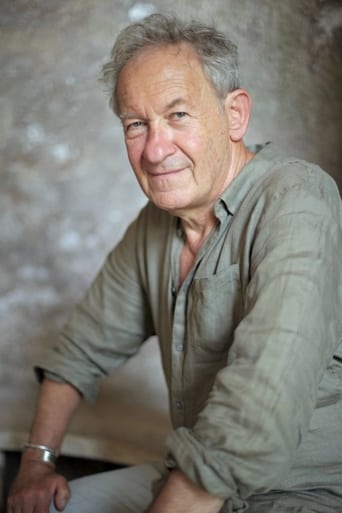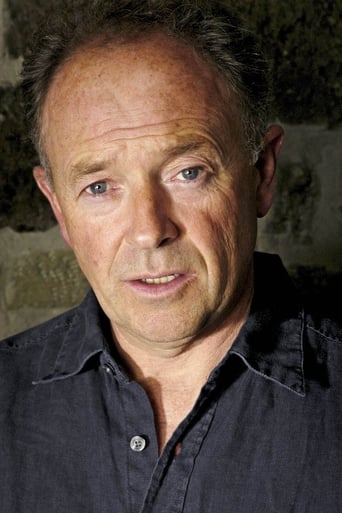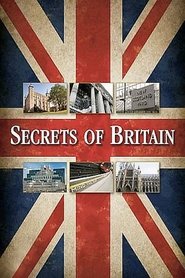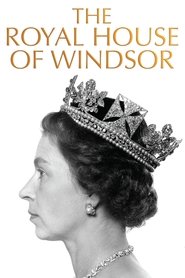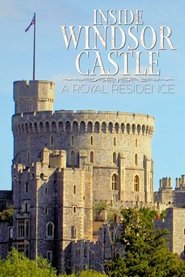
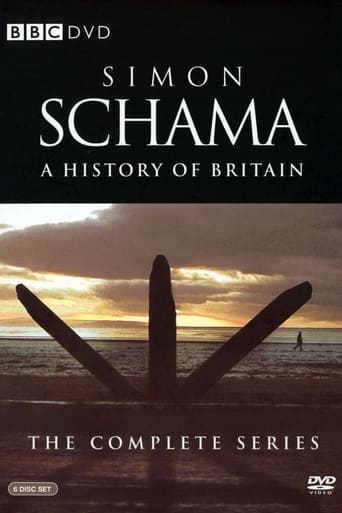
A History of Britain
Season - Episode
-
 3 - 1Forces of Nature (1780 - 1832) May 28, 2002
3 - 1Forces of Nature (1780 - 1832) May 28, 2002 -
 3 - 2Victoria and Her Sisters (1830 - 1910) Jun 04, 2002
3 - 2Victoria and Her Sisters (1830 - 1910) Jun 04, 2002 -
 3 - 3The Empire of Good Intentions (1830 - 1925) Jun 11, 2002
3 - 3The Empire of Good Intentions (1830 - 1925) Jun 11, 2002 -
 3 - 4The Two Winstons (1910 - present) Jun 18, 2002
3 - 4The Two Winstons (1910 - present) Jun 18, 2002
-
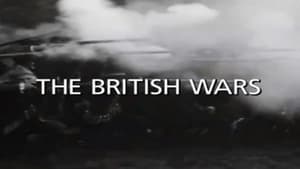 2 - 1The British Wars (1603 - 1649) May 08, 2001
2 - 1The British Wars (1603 - 1649) May 08, 2001 -
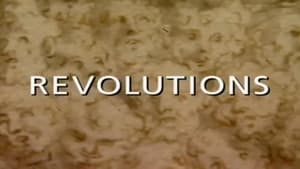 2 - 2Revolutions (1649 - 1689) May 15, 2001
2 - 2Revolutions (1649 - 1689) May 15, 2001 -
 2 - 3Britannia Incorporated (1690 - 1750) May 22, 2001
2 - 3Britannia Incorporated (1690 - 1750) May 22, 2001 -
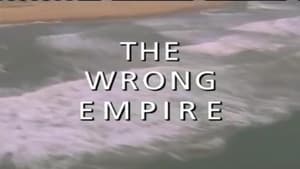 2 - 4The Wrong Empire (1750 - 1800) May 29, 2001
2 - 4The Wrong Empire (1750 - 1800) May 29, 2001
-
 1 - 1Beginnings (3100 BC - 1000 AD) Sep 30, 2000
1 - 1Beginnings (3100 BC - 1000 AD) Sep 30, 2000 -
 1 - 2Conquest! (1000 - 1087) Oct 07, 2000
1 - 2Conquest! (1000 - 1087) Oct 07, 2000 -
 1 - 3Dynasty (1087 - 1216) Oct 14, 2000
1 - 3Dynasty (1087 - 1216) Oct 14, 2000 -
 1 - 4Nations (1216 - 1348) Oct 21, 2000
1 - 4Nations (1216 - 1348) Oct 21, 2000 -
 1 - 5King Death (1348 - 1500) Oct 28, 2000
1 - 5King Death (1348 - 1500) Oct 28, 2000 -
 1 - 6Burning Convictions (1500 - 1558) Nov 04, 2000
1 - 6Burning Convictions (1500 - 1558) Nov 04, 2000 -
 1 - 7The Body of the Queen (1558 - 1603) Nov 11, 2000
1 - 7The Body of the Queen (1558 - 1603) Nov 11, 2000
-
 0 - 1The Rest Is History Oct 03, 2000
0 - 1The Rest Is History Oct 03, 2000 -
 0 - 2Simon Schama discusses the making of Jan 01, 1970
0 - 2Simon Schama discusses the making of Jan 01, 1970 -
 0 - 3Interview with Simon Schama Jan 01, 1970
0 - 3Interview with Simon Schama Jan 01, 1970 -
 0 - 4Lecture Jan 01, 1970
0 - 4Lecture Jan 01, 1970
Overview
Stretching from the Stone Age to the year 2000, Simon Schama's Complete History of Britain does not pretend to be a definitive chronicle of the turbulent events which buffeted and shaped the British Isles. What Schama does do, however, is tell the story in vivid and gripping narrative terms, free of the fustiness of traditional academe, personalising key historical events by examining the major characters at the centre of them. Not all historians would approve of the history depicted here as shaped principally by the actions of great men and women rather than by more abstract developments, but Schama's way of telling it is a good deal more enthralling as a result. Schama successfully gives lie to the idea that the history of Britain has been moderate and temperate, passing down the generations as stately as a galleon, taking on board sensible ideas but steering clear of sillier, revolutionary ones. Nonsense. Schama retells British history the way it was--as bloody, convulsive, precarious, hot-blooded and several times within an inch of haring off onto an entirely different course. Schama seems almost to delight in the goriness of history. Themes returned to repeatedly include the wars between the Scots and the Irish and the Catholic/Protestant conflicts--only the Irish question remains unresolved by the new millennium. As Britain becomes a constitutional monarchy, Schama talks less of Kings and Queens but of poets and idea-makers like Orwell. Still, with his pungent, direct manner and against an evocative visual and aural backdrop, Schama makes history seem as though it happened yesterday, the bloodstains not yet dry.

